15 autism myths a pediatrician wants you to ignore

Over my 25 years of practice, I have gotten to know hundreds of young autistic patients and their caregivers. In 2019, we founded the Autism Medical Home at Albany Medical Center to provide a comforting medical environment and experience for young people with autism.
In the U.S., one in 44 children is now diagnosed with autism spectrum disorder (ASD), according to the Centers for Disease Control. Chances are, you have an autistic friend or relative – or you may be “on the spectrum” yourself. I wanted to share some of my observations, as well as many lessons I’ve learned from my patients, to help us better understand and appreciate these wonderful people.
Myth #1: All autistic people are alike.
There’s a saying: “If you know one person with autism, you know…one person with autism.”
Each person is very individual and requires an individual approach. I like to describe each patient individually, so they get exactly what they need.
Myth #2: People are high- or low-functioning autistic.
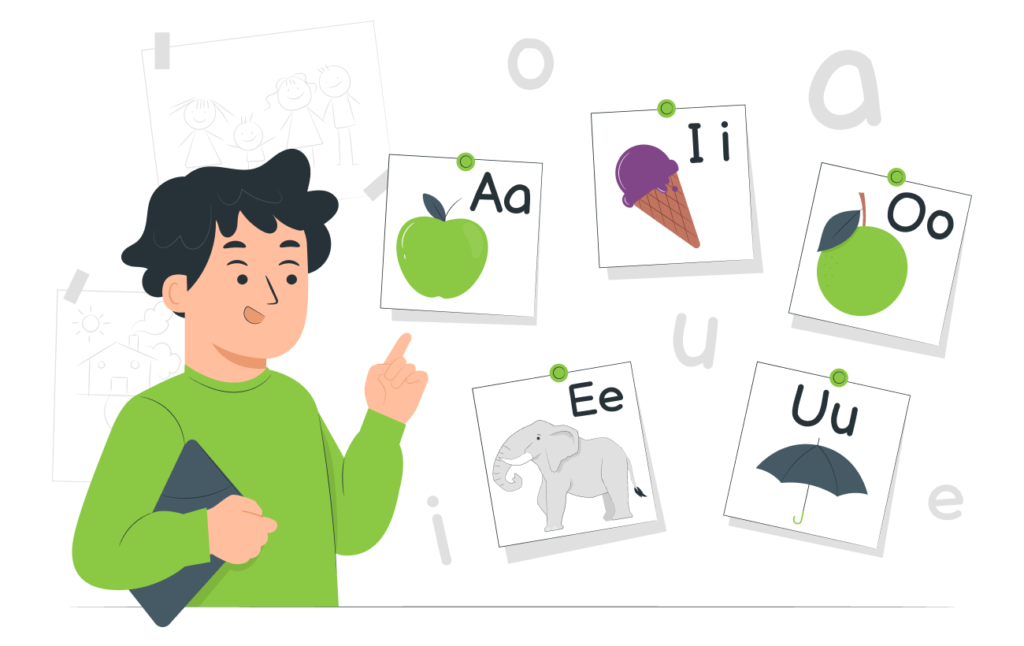
We used to define folks on the spectrum with these terms, depending on whether they communicated verbally. We’ve stopped classifying them this way – the American Psychiatric Association revised its Diagnostic and Statistical Manual (DSM-5) in 2013 to drop classifications like Asperger’s Syndrome – because so many have areas of strength and areas of challenge, and those terms oversimplify the issue.
Take a person who has strong language skills, but difficulty regulating their emotions. I’ve heard patients say, “I wish people wouldn’t call me ‘high functioning’ because I couldn’t get the services I needed.”
Then take someone who doesn’t have great verbal skills, but has great emotional regulation. With a tablet and special software, they may be able to communicate well.
Myth #3: All autistic people are like Rain Man.
It’s a big misconception that all autistic people are savants.
The way I explain it is that autism is a different way of interacting with your environment. When that environment is built by typical (neurotypical) people, if you’re autistic, you may drift towards things that are more predictable to you; things that make more sense to you. So that could be something like numbers or music. You might tend to focus on a certain topic, become very interested in it, and become very skilled at it. That could be computers, or music, or math – things you can control – things for which you can predict the outcome if you adjust things in a certain way.
It isn’t that autistic folks can’t understand abstract concepts. But sometimes, concrete answers may be a little more predictable.
Myth #4: Vaccines cause autism.
Vaccines do not cause autism! Quite the opposite: It’s important to vaccinate your child so they live a healthy, long life.
In 1998, Andrew Wakefield published a study in The Lancet linking autism with the mumps, measles, rubella (MMR) vaccine. It was a flawed study of 12 children who attended his son’s birthday party.
Since then, hundreds of studies (and most of the coauthors) have refuted the study. The study was retracted in 2010, but it’s amazing how much harm it has done.
Myth #5: Autism is a recent phenomenon.
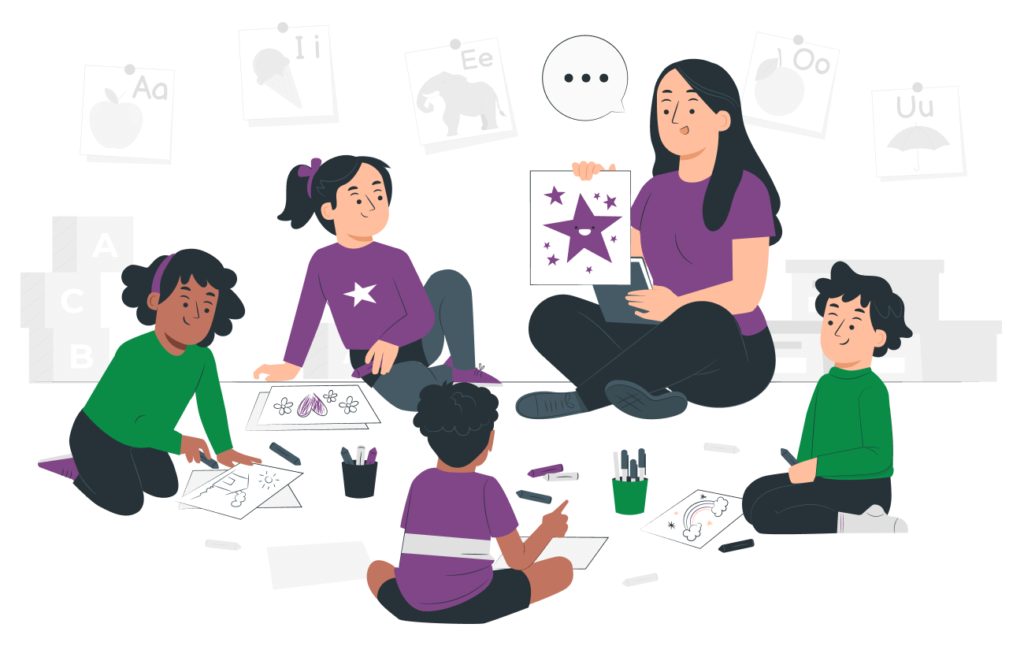
Autism has been around since the beginning of time. Only recently have we started identifying it. I think there’s probably a big genetic component to it, which is why it tends to run in families. There may even be environmental factors we’re not sure of.
My personal belief is that autism is part of human neurodiversity. Part of being human.
I feel strongly that we need autism in our population. Without it, we wouldn’t have the most beautiful pieces of art. We probably wouldn’t have the wheel and Silicon Valley, as Temple Grandin says.
Nowadays, I think we’re defining it because we are much more social beings. Back when people were farmers and manual laborers, we didn’t socialize as much, so it was not as apparent.
Myth #6: Autistic people are picky.
A lot of autistic people have sensory sensitivity to things that don’t bother most of us like textures, tastes, sounds, and bright lights. So, an autistic child might be tormented by the tag in their clothes, or refuse to eat anything except chicken nuggets and apples, or get very upset being in a loud place. It’s often the discomfort of being in an environment that was designed by people who are very different from them.
Myth #7: The autism diagnosis is the most important step.
The biggest thing isn’t labeling “this thing my child has” – it’s getting and starting the right services like speech, occupational, and psychotherapy. The earlier your child receives therapy, the happier and more functional they will be. We don’t want to “cure” them or make them different. We want children to feel good about themselves and make them part of this world.
If a child is younger than three, we start with early intervention services. If older than three, we usually work with their school district.
The best thing parents can do is to just be parents. Love your child and enjoy who they uniquely are.
Myth #8: Parents should keep their autistic child at home.
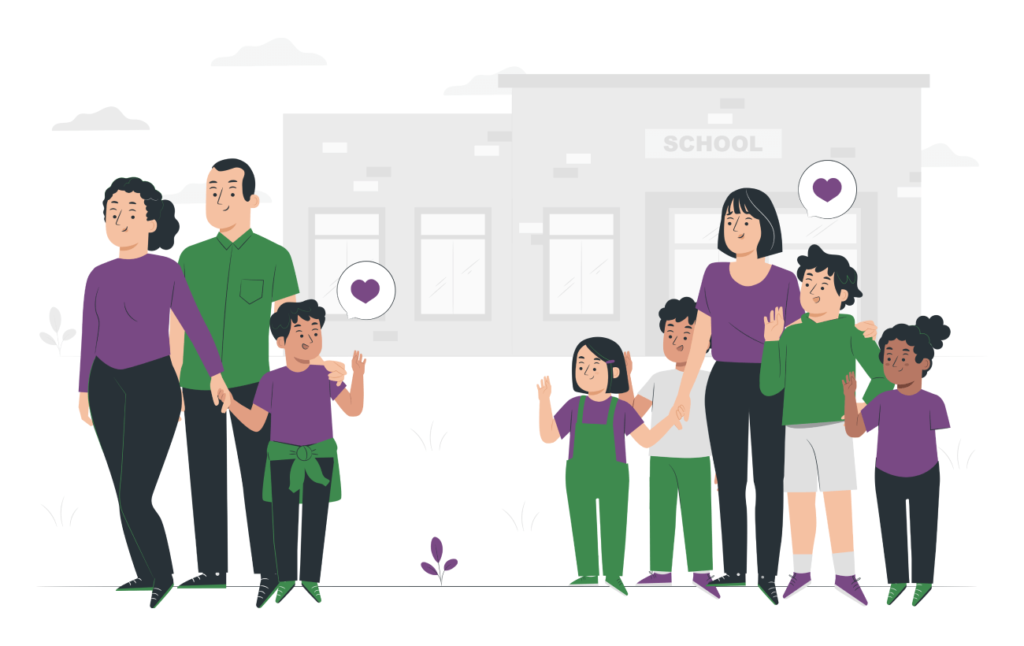
Many parents with autistic kids want to hunker down in their houses, but it’s so important to bring your child out into the community. You want your child to be comfortable from an early age engaging in new things. And you don’t want to isolate yourself at home all day. You want to be out with your child so people can enjoy you as a family.
Myth #9: Parents should discipline their kids’ autistic meltdowns.
Meltdowns happen because the environment is just too much for the child. I tell parents that the best thing you can do during your child’s meltdown is to remain calm. The moment you lose control and your voice goes up, your child will feed off of that.
People may stare. That’s their problem.
I tell families to go to their local Autism Society – they have sensory-friendly activities, events, and support groups where people are sympathetic. If my son has a meltdown at an autism-friendly movie, no one cares! At the Autism Medical Home, when kids come to see the doctor, it’s okay for them to act normal and melt down if they have to.
The best thing parents can do is to just be parents. Love your child and enjoy who they uniquely are.
Carrin Schottler-Thal, M.D.
Myth #10: Autistic people have no empathy.
On the contrary – they may feel deeply, even if they don’t make a lot of facial expressions or have an extensive emotional vocabulary. However, it may take them a while to read someone’s facial cues and understand what those mean – and learn to respond in a way that most folks consider “acceptable.”
Myth #11: Autistic people can do only menial labor.
I’ve seen people with autism achieve amazing things because they have a passion for something and they follow it. I’ve seen some become forest rangers because they love the outdoors. I’ve heard of someone who became a passionate proponent for social justice. Another who’s becoming a priest. A young boy who wants to be a plant biologist. Their passion can be such a gift to this world.
Myth #12: Medication is the only solution to behaviors associated with autism.
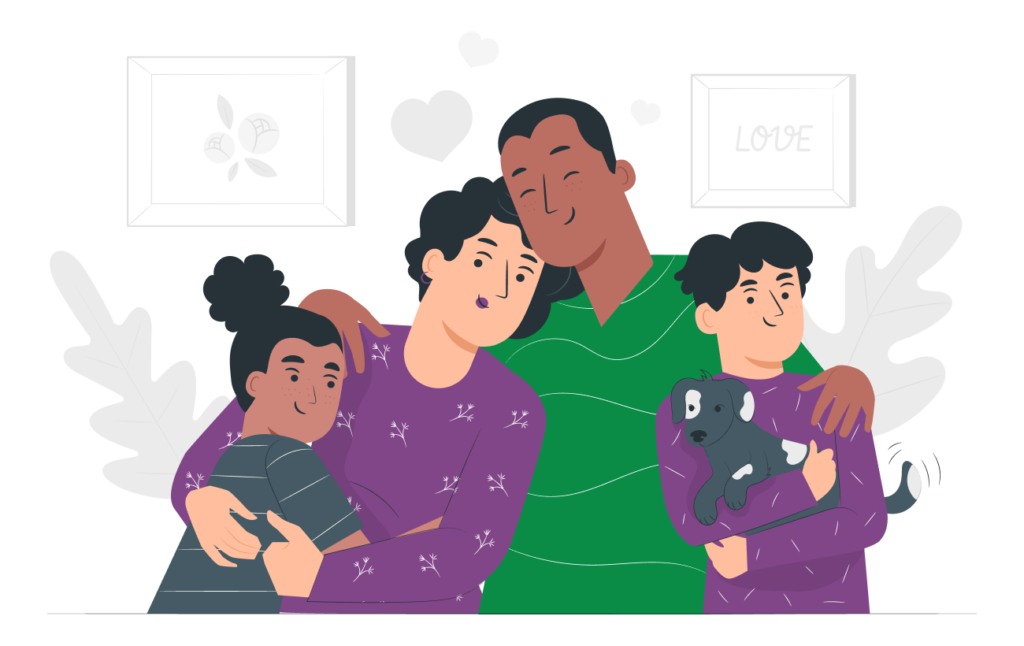
When you have an environment that’s not built for you, you can get into fight-or-flight situations. And you can experience aggression, anxiety, or depression when getting worked up because life is so difficult.
So, we use talk therapy to help patients with these challenges, and sometimes mood stabilizers to help with the aggression, or anxiolytics to help with anxiety.
I’m all for using nonpharmaceuticals before pharmaceuticals. Occupational therapy is instrumental, as well as sensory therapy, like weighted blankets and sensory toys. Sometimes we have to approach someone differently with a different tone of voice.
My son has a service dog who helps with sensory issues. He sits on my son’s lap, licks his face during meltdowns, and helps track him when he wanders away.
Physical exercise is important, too. I tell all my patients to get outside and move every day, even in winter. It helps with behavior and sleep issues.
Myth #13: If an autistic child doesn’t speak by age five, they never will.
Many children will learn to speak after age five. Or they can become very adept at using their communication device.
It’s important to continue speech therapy to help them learn to communicate. If your child does not have words, they will communicate in other ways.
Many parents just understand what their child wants because families develop their own languages. But the child may use a device to talk with others outside the home. I always tell parents to first talk to their speech therapist, who will be instrumental in helping determine if your child is ready for a device. Then they’ll help you decide which software is best for your child.
Myth #14: We’ve overcome all of society’s challenges with autism.
I think we still have a lot more work for autism acceptance. That’s a big, big issue in our society.
We have a lot of work to do on diagnosing early, especially with minority populations, and getting patients services early. And we should do better with supporting families with autistic members and making sure they’re feeling comfortable and confident in how they care for their family member.
We also need service providers: speech therapists, special education teachers, mental health workers.
Myth #15: You can take an online test to see if you’re autistic.
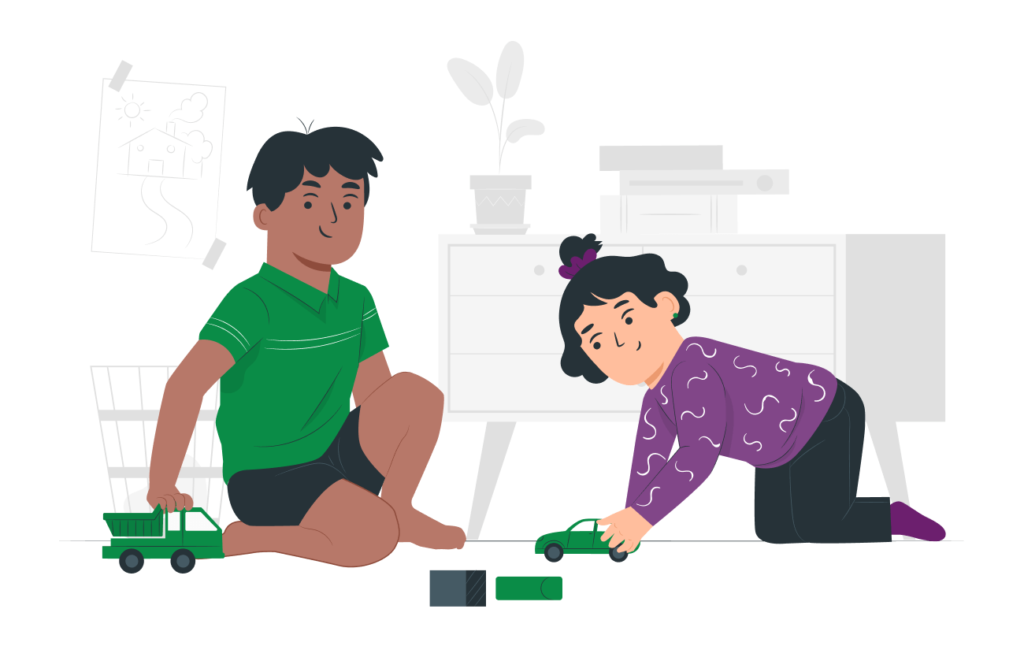
I’d stay away from online tests. I’d encourage you to talk to your provider, who may refer you to a psychiatrist or psychologist who does neuropsychological testing. You want a trained professional to test and interpret the results, then help you with next steps.
It’s a good thing to know about yourself. It tells you a little about yourself and how you interact with people and how you think.
Above all, be kind to yourself – it’s part of who you are.
Looking for help?
For assistance locating developmental pediatricians, speech therapists, or occupational therapists, please call CDPHP Member Services at (518) 641-3000 or 888-258-0477 (TTY: 711). For assistance locating applied behavioral analysis providers (ABA), please call the CDPHP Behavioral Health Access Center at 888-320-9584.
 The Daily Dose
The Daily Dose
Comments are closed.